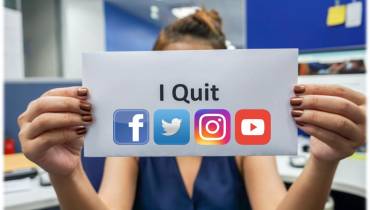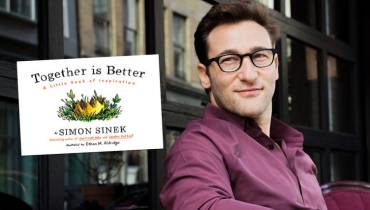Why I Decided to Freelance Like a Farmer

I began my illustrious freelance career with visions of tweed coats, elbow patches, cigars, and pensive photos. My mind’s eye saw a cluttered office, checks strewn across my desk, and waking to one illuminating thought after another. I believed I’d tap at the keyboard, mail queries, read my articles on glossy paper, and assignments would flow like water.
Small problem with that scenario. Tweed coats don’t look good on me. I don’t smoke, never have. And I usually wind up looking goofy in photos, no matter how hard I try to strike a pensive pose.
Ah, but my desk is cluttered.
I do occasionally find a stray check in amongst the mounds of papers. But illuminating thoughts? Bah.
There’s a fundamental problem with my original scenario: my freelancing model missed a crucial element necessary for financial success.
For example, the cash I expected to earn from writing articles just didn’t add up to the numbers I hoped they would. Seriously. Spending weeks writing, rewriting, and finally submitting an article, only to reap a whopping 25 bucks just didn’t pay the bills.
Then I decided to write books. Unfortunately the small royalties barely covered my promo expenses. It’s exciting to sell books, but we needed some large volume sales to make this endeavor financially worthwhile.
How ‘bout publishing? Again, after wholesaler discounts, distributor expenses, author royalties, and postage, we’re talking some pretty slim profits. And again, we’re talking volume sales to lower expenses and prop profits.
But then something magical happened.
I discovered the wacky world of copywriting.
In case you’re unfamiliar with copywriting, a copywriter is a master persuader. They write ads, direct mail, sales letters, and such.
And (little did I know) proficient copywriters earn a lot. World Class Copywriters earn astronomical fees.
Copywriting isn’t difficult. But there are definite tricks to the trade. And you can cut your learning curve by years if you receive proper training.
But here’s where things really get cool.
Turns out these new persuasive skills made it far easier to write awesome queries. Boom. Article sales jumped.
Next, I revised the sales copy for my books. Boom. Another jump in sales.
I applied “copywriting language” to everything I wrote and kaboom… even more sales, more exposure, new readers found me.
And I haven’t even gotten into copywriting as a business: writing for clients turned out to be quite lucrative as well.
Now, I love to write. It’s my passion. There’s nothing like receiving a complementary e-mail outlining how something I’ve written has made someone else’s life easier, gave them hope, helped guide them through this wacky profession.
On the other hand, I hate marketing. It sucks. One rejection and I’m down for the count. At least for a while.
But by combining my writing skills with copywriting psychology, my self-promo time is automatically sliced in at least half because I’ve learned stealth persuasion to draw clients my way.
So now, clients (and publishers and editors) are attracted to me rather than my gunning after their very fractured attention.
So… where does the “farming” come in?
Simple. Rather than concentrate on one aspect of your writing career, think like a farmer. Plant many seeds and watch them grow at different rates.
Instead of becoming an article writer extraordinaire, write articles when the spirit moves you. Submit them when they’re polished. Start writing the novel that’s burning your heart. Eventually publish it. Research a nonfiction title. Write ad copy.
You can even take this further. I speak to the local high school. Elementary schools, too. How ‘bout local organizations and the Chamber of Commerce? Once a businessperson sees you in action, they’ll be hooked.
Just keep planting seeds (remember, you’re a “farmer”) and before you know it, you’ve got more paying clients than you know what to do with.
But copywriting’s the linchpin that binds all these endeavors.
That’s because effective persuaders control their destiny… and their income.
So here’s to effective “farming” and inevitable success.





































